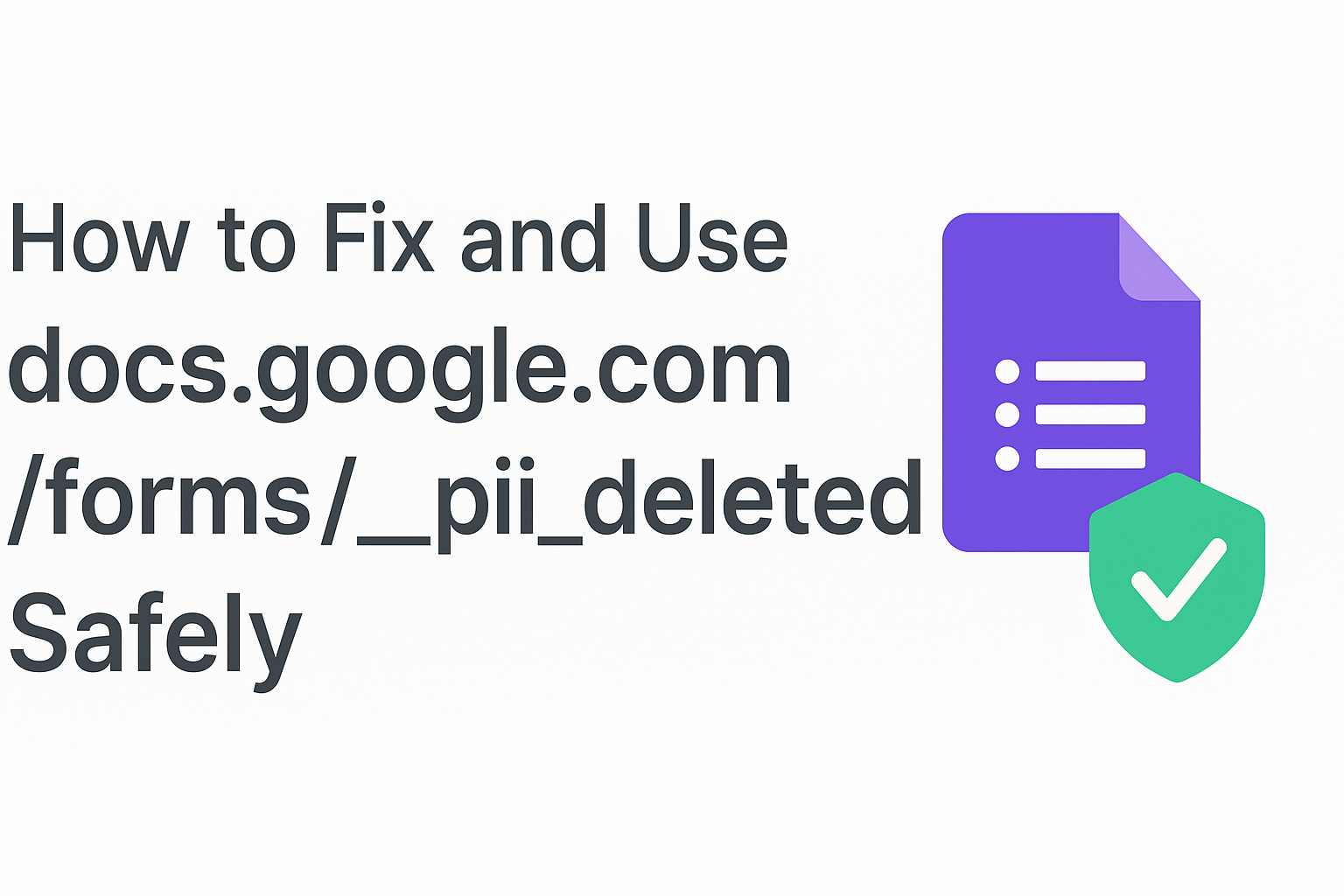The oil and gas industry is unique. Unlike most businesses, revenue and expenses are tied to fluctuating commodity prices, long project cycles, and complex regulations. For finance teams, keeping the books straight isn’t simple — it’s a constant balancing act.
That’s why many companies turn to specialized oil & gas accounting services. These professionals understand the industry’s unique challenges and help operators stay compliant and profitable.
In this article, we’ll break down the most common accounting challenges in oil and gas and how to handle them effectively.
1. Managing Joint Interest Billing (JIB)
Oil and gas projects often involve multiple partners sharing costs and revenue. Joint interest billing (JIB) is how those costs are divided and tracked.
The challenge: JIB requires careful record-keeping to ensure each partner is billed fairly for drilling, production, and maintenance expenses. Even small errors can lead to disputes and delayed payments.
The solution: Use accounting systems built specifically for oil and gas JIB tracking. Clear documentation and regular partner audits also prevent disagreements.
2. Handling Revenue Distribution
Revenue accounting in oil and gas is complicated by royalties, working interests, and production splits.
The challenge: Operators must distribute revenue accurately to mineral owners, partners, and stakeholders, while keeping up with changing contracts and ownership details.
The solution: Specialized oil & gas accounting services streamline distribution with automated systems that reduce errors and ensure compliance with lease agreements.
3. Navigating Regulatory Compliance
From federal taxes to state production reports, compliance is a never-ending task in this industry.
The challenge: Missing a filing or reporting incorrectly can lead to penalties, audits, or even suspended operations. Regulations also vary across states, making it even more complex for multi-state operators.
The solution: Stay current with changing regulations and use compliance-focused accounting software. Many firms also rely on dedicated industry accountants to manage reporting deadlines.
4. Coping with Commodity Price Volatility
Unlike most industries, oil and gas revenue is tied directly to commodity prices — which can swing dramatically in a matter of months.
The challenge: Volatile prices make budgeting and forecasting difficult. Cash flow can shrink quickly when prices drop, putting pressure on accounting teams.
The solution: Regular forecasting, scenario planning, and cost-control measures help companies stay prepared. Some operators also hedge against price swings with financial contracts.
5. Tracking Capital vs. Operating Expenses
Drilling a new well? That’s a capital expense. Paying for ongoing maintenance? That’s an operating expense. Distinguishing between the two is critical for accurate financial reporting.
The challenge: Misclassifying costs can distort financial statements and create tax issues.
The solution: Establish clear policies for classifying expenses and review them regularly. Experienced accountants in oil and gas can catch errors before they become major problems.
Comparison: Common Challenges and Solutions
| Challenge | Why It Matters | Solution |
| Joint Interest Billing | Prevents disputes with partners | Industry-specific accounting systems |
| Revenue Distribution | Ensures owners/partners are paid | Automated distribution tools |
| Compliance | Avoids penalties and legal issues | Dedicated accountants, software |
| Price Volatility | Affects cash flow and planning | Forecasting and hedging strategies |
| Expense Classification | Impacts financial accuracy | Clear policies and reviews |
Why Specialized Services Make a Difference
General accounting firms may not fully understand the unique aspects of oil and gas. For example:
- How to split revenue fairly across dozens of mineral owners
- How to allocate drilling costs across multiple wells
- How to manage compliance with state-specific reporting requirements
Industry-focused firms bring the right tools and expertise to handle these complexities without slowing operations.
According to Deloitte, companies that adopt specialized accounting and reporting systems can reduce financial errors by up to 30%. That kind of accuracy not only saves money but also strengthens investor confidence.
Conclusion
Accounting in oil and gas isn’t simple — it’s layered with joint billing, revenue splits, regulatory filings, and unpredictable commodity prices. Without the right systems in place, it’s easy to fall behind or make costly mistakes.
The good news is that these challenges can be solved. With the help of specialized oil & gas accounting services, operators can streamline billing, stay compliant, and manage financial risks more effectively.
In an industry where margins are tight and regulations are strict, getting accounting right isn’t just good practice — it’s essential for survival.

















